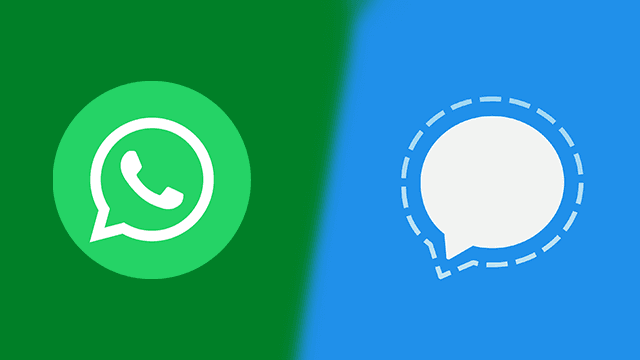The popular messaging client WhatsApp received an update to its privacy policy recently, which has users looking for an alternative. Facebook, the owner of WhatsApp, has kept the service relatively separate from its often-criticized social media platform. However, the new policy requires users to opt-in to data sharing with Facebook to continue using the app. Given Facebook’s privacy faux pas in the past, this has many switching to Signal.
The Facebook–Cambridge Analytica scandal brought to light how the company could use people’s personal data against them. However, Facebook and its subsidiaries, including WhatsApp, continue to attract billions of users. The privacy policy update for WhatsApp is just one more step in Facebook’s consolidation of user data. With Facebook’s horrible track record, even big names like Elon Musk recommend WhatsApp users switch to Signal.
Why should I switch from WhatsApp to Signal?
Use Signal
— Elon Musk (@elonmusk) January 7, 2021
Unlike WhatsApp, Signal isn’t owned by a massive social media conglomerate. The Signal Foundation is a non-profit that develops the open-source Signal Messenger, which primarily focuses on privacy.
To sign up for Signal, users just have to provide a phone number. The app asks for no other identifying information, and profile names and data aren’t tied to the account. The app also goes a step further than WhatsApp’s encryption by encrypting message metadata. This means that Signal not only can’t read a user’s messages, but it also doesn’t even know who’s sending them.
Signal supports most of the same features that WhatsApp does. It has iOS, Android, Windows, Mac, and Linux apps, making it an excellent alternative for businesses who use WhatsApp. Android users can also make Signal the default SMS app, but due to system limitations, that ability isn’t available on iOS.
Overall, Signal has had a good track record, and no breaches or controversy have marred the brand. No app is 100% secure, but at least it isn’t broadcasting user data to Facebook.











